
The Darrell McClain show
Independent media that won't reinforce tribalism. We have one Planet; nobody's leaving, so let’s reason together!! Darrell McClain is a Military veteran with an abnormal interest in politics, economics, religion, philosophy, science, and literature. He's the author of Faith and the Ballot: A Christian's Guide to Voting, Unity, and Witness in Divided Times. Darrell is a certified Counselor. He focuses primarily on relationships, grief, addiction, and PTSD. He was born and raised in Jacksonville, FL, and went to Edward H white High School, where he wrestled under Coach Jermy Smith and The Late Brian Gilbert. He was a team wrestling captain, District champion, and an NHSCA All-American in freestyle Wrestling. He received a wrestling scholarship from Waldorf University in Forest City, Iowa. After a short period, he decided he no longer wanted to cut weight, effectively ending his college wrestling journey. Darrell McClain is an Ordained Pastor under the Universal Life Church and remains in good standing, as well as a Minister with American Marriage Ministries. He's a Believer in The Doctrines of Grace, Also Known as Calvinism. He joined the United States Navy in 2008 and was A Master at Arms (military police officer). He was awarded several medals while on active duty, including an Expeditionary Combat Medal, a Global War on Terror Medal, a National Defense Medal, a Korean Defense Medal, and multiple Navy Achievement Medals. While in the Navy, he also served as the assistant wrestling coach at Robert E. Lee High School. He's a Black Belt in Brazilian Jiu-Jitsu under 6th-degree black belt Gustavo Machado. Darrell Trains At Gustavo Machado Norfolk under the 4th-degree black belt and Former Marine Professor Mark Sausser. He studied psychology at American Military University and criminal justice at ECPI University.
The Darrell McClain show
When Addiction Touches Lives A Narrative of Loss and the Human Condition
Navigating the turbulent waters of responsibility and accountability, I offer a piercing look into the often unseen consequences of addiction, sharing a narrative that stretches far beyond the individual. The sobering reality of substance abuse is laid bare through a colleague's heart-wrenching ordeal of losing family to fentanyl, a stark reminder of the void left in the lives of those who mourn a brother, a son, a father. These powerful stories draw us into an intimate space, where the complex interplay of personal choices sends shockwaves through the lives of the innocent, forever altering the course of their existence.
In a similarly poignant vein, I recount my own experience with a young life marred by the shadows of drugs, prostitution, and AIDS—a testament to the human struggle that often remains hidden from society's gaze. The struggle for direction, for saving a soul from the brink, becomes a central theme as I question the efficacy and timing of intervention. This episode isn't just a conversation; it's an urgent call for empathy and action, asking us all to consider the weight of our actions and the invaluable need for support in times of crisis. Join me for a raw and honest reflection on the scars addiction leaves on both individuals and communities, and the collective journey toward healing and understanding.
Welcome to the Darrell McLean show me host to run with Lane. This is gonna be like a bonus episode because I just wanted to talk to my audience about some of the vibrations of my heart, some of the thoughts that I have that I have been going through this week, and what I want to talk about is responsibility and accountability, and this is a topic that is long-formed but it's going to be fairly short. So I would have been experiencing in my own personal life situations where I have seen people hurt by decisions that have been made by them and other people hurt by decisions made by people that they love. One example was there is a young lady who I work with, who had the unfortunate event of while I'm working with her, who had the unfortunate event of while I'm working with her, she gets this terrible news that her brother has passed away from a fentanyl overdose. She is at work trying to do the right thing, trying to provide a stable family livelihood for her daughter and her grandchildren, and I watch her try to sustain herself and she looks at me and says can you imagine to be in a situation where I lose my baby brother and my older brother to the exact same thing Now, when people decide that they're going to go off and use drugs, it is their own free choice. It is their body, they have bodily autonomy and it is a free country. Although fentanyl is not legal, there's people in the libertarian community and I do somewhat fall into that arc that believe that it's your body and you should be able to do with that whatever you will, as long as there's not a baby involved.
Speaker 1:But then when you see that what happens in these situations is the people who have to sit around and deal with the mess of all of that the niece that no longer has an uncle, the sister that no longer has a brother, the grandmother who no longer has a grandson, the mother who no longer has a son, the daughter who no longer has a father, a son who no longer has a dad this is when you start to realize that there are some things, that life situations are not void or devoid or divorced from personal actions, and that personal actions of one misguided person affect wholeheartedly people who are on the right path. And this could actually be the catalyst, if it's not dealt with correctly, to knock the person who was on the right path off the path in all kinds of ways. It can be financial, because the person who's on drugs and who overdosed now they don't get their life insurance policy. They don't get their life insurance policy. So let's say that the children and the wife and the left destitute and now there's no money for funeral expenses. So the family puts themselves in the debt trying to handle the funeral expenses, trying to handle the counseling, trying to handle, you know, everything that happens, trying to handle everything that the new, that the family who is now without a father, is going to have to be a bee to deal with. And I thought about this very deeply and In my own personal life I have spent so much time counseling someone ever since they were fairly young and the story I'll just say of this person was very tragic.
Speaker 1:The father passed away fairly aged from schizophrenia, ran into the road, got said demons were chasing him and got hit by a semi, died instantly. A Marine veteran. The father was and tried to mentor the child. The child got into the wrong situation, started on a path of drugs and prostitution and on a path of drugs and prostitution I ended up catching full-blown AIDS before they were the age of 14.
Speaker 1:And you see this type of situation where people seem to not care about the individual, where the individual doesn't seem to care about themselves. They don't go out and get in the economy because the economy to them is useless, because they don't think that life is worth living, and they go from one mishap to the next mishap, but in all this time they're able to avoid the law, no matter how much they give themselves away to prostitution and drugs and you know things of that nature. And then all of a sudden you get this phone call that they're in jail and it seems like all the work and all the counseling and everything you've done to try to keep pushing them in the right direction, it was. It was a waste of time, it didn't work. And now, in solitary, they hear your words piercing their spirit and you have to ask is it too little, is it too late? And have you done so much that now you are in the hands of the justice system that in times does not always display a lot of justice? And so now grandmothers are spending money out of the pensions they don't have, cousins are spending money that they don't have to send food and clothing, and so on and so forth.
Speaker 1:And it just had me thinking about how sometimes some people make bad decisions and people who are around them who make good decisions have to pay for the bad decisions of the people that they care about. And I thought about this because loving someone and caring for someone is, if you are human. It's inescapable, and it is very difficult to not be drugged down into the abyss of somebody else's wrongdoings his wrongdoings. But when I hear and see these situations happen to make them concrete and avoidable, the things we do do affect the people around us, whether it is emotional or financial. We are connected, and I am thinking about this more and more on today. I want us to make better choices when it comes to ourselves and better choices when it comes to each other, because, as much as we are individuals, as much as we hate it, we are still a community. See you on the next episode.
Podcasts we love
Check out these other fine podcasts recommended by us, not an algorithm.

The LUNSB Show with T-Bone and ChickBrew
Tony Knuckles
Over opinionated with Josh Scott
Josh scott
The Jamie Kilstein Podcast
Jamie Kilstein
The Back Row with Jamie Kilstein
Jamie Kilstein
Your Calvinist Podcast with Keith Foskey
Keith Foskey
BJJ Mental Models
Steve Kwan
Renewing Your Mind
Ligonier Ministries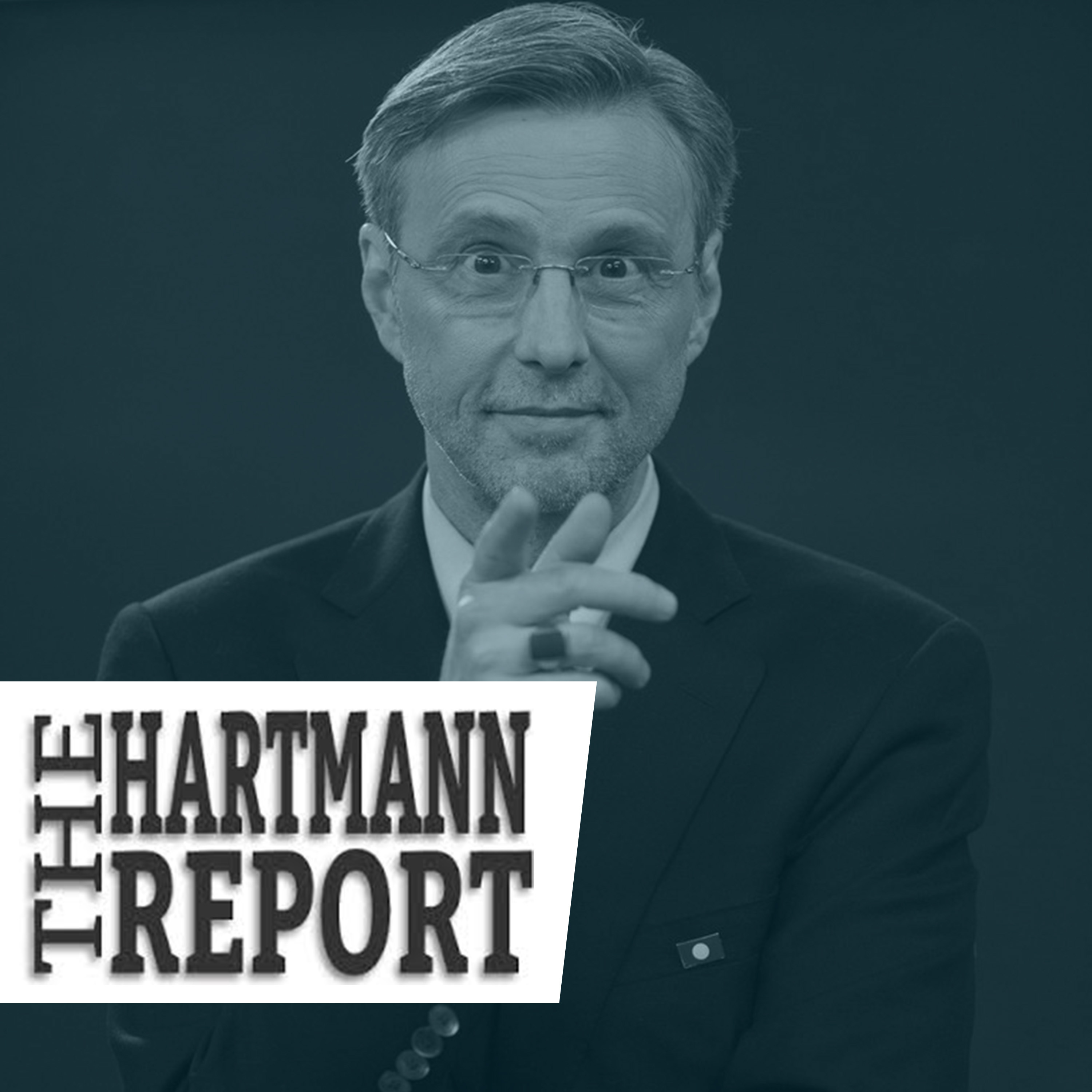
The Hartmann Report
Thom Hartmann
The Glenn Show
Glenn Loury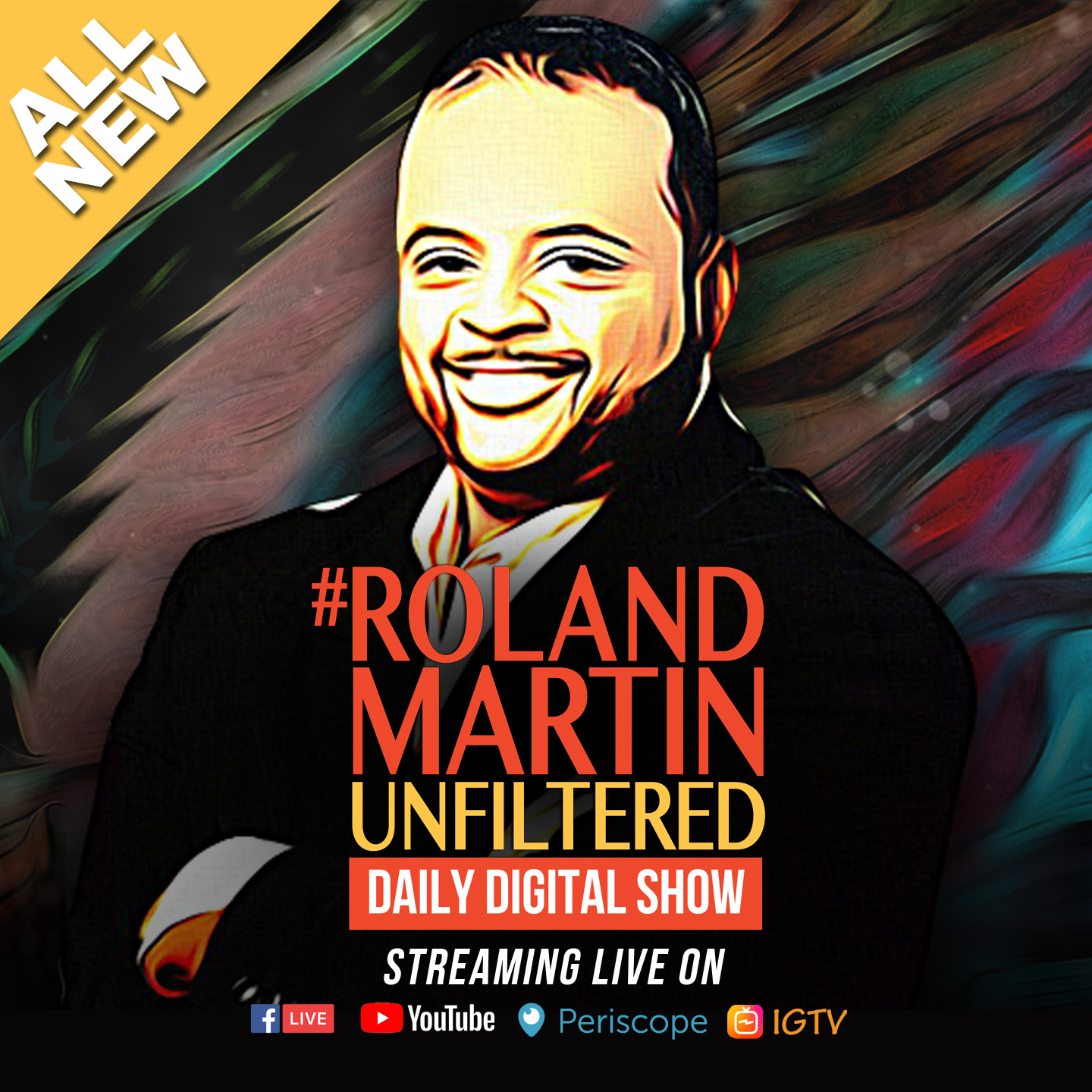
#RolandMartinUnfiltered
Roland S. Martin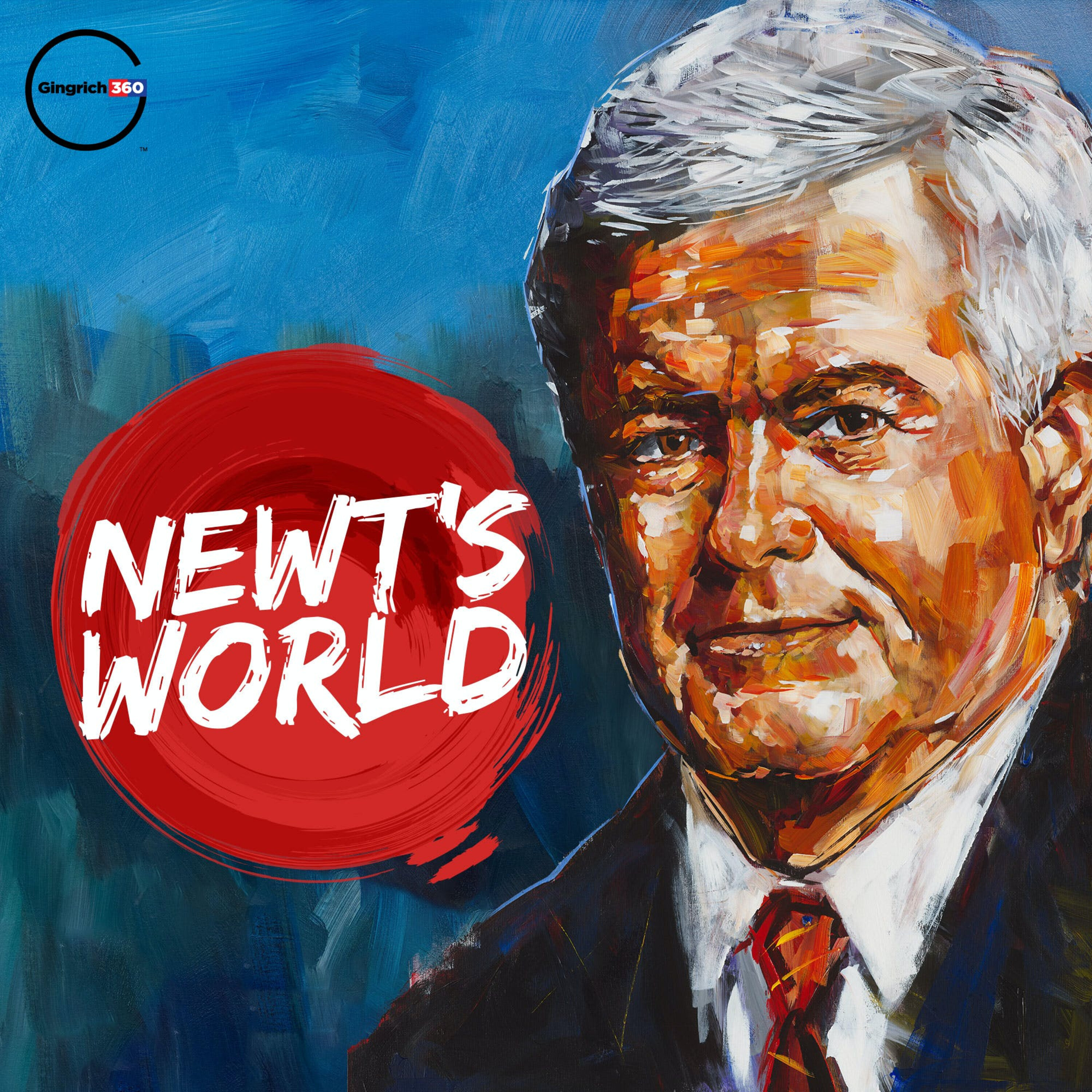
Newt's World
Gingrich 360
Pod Save America
Crooked Media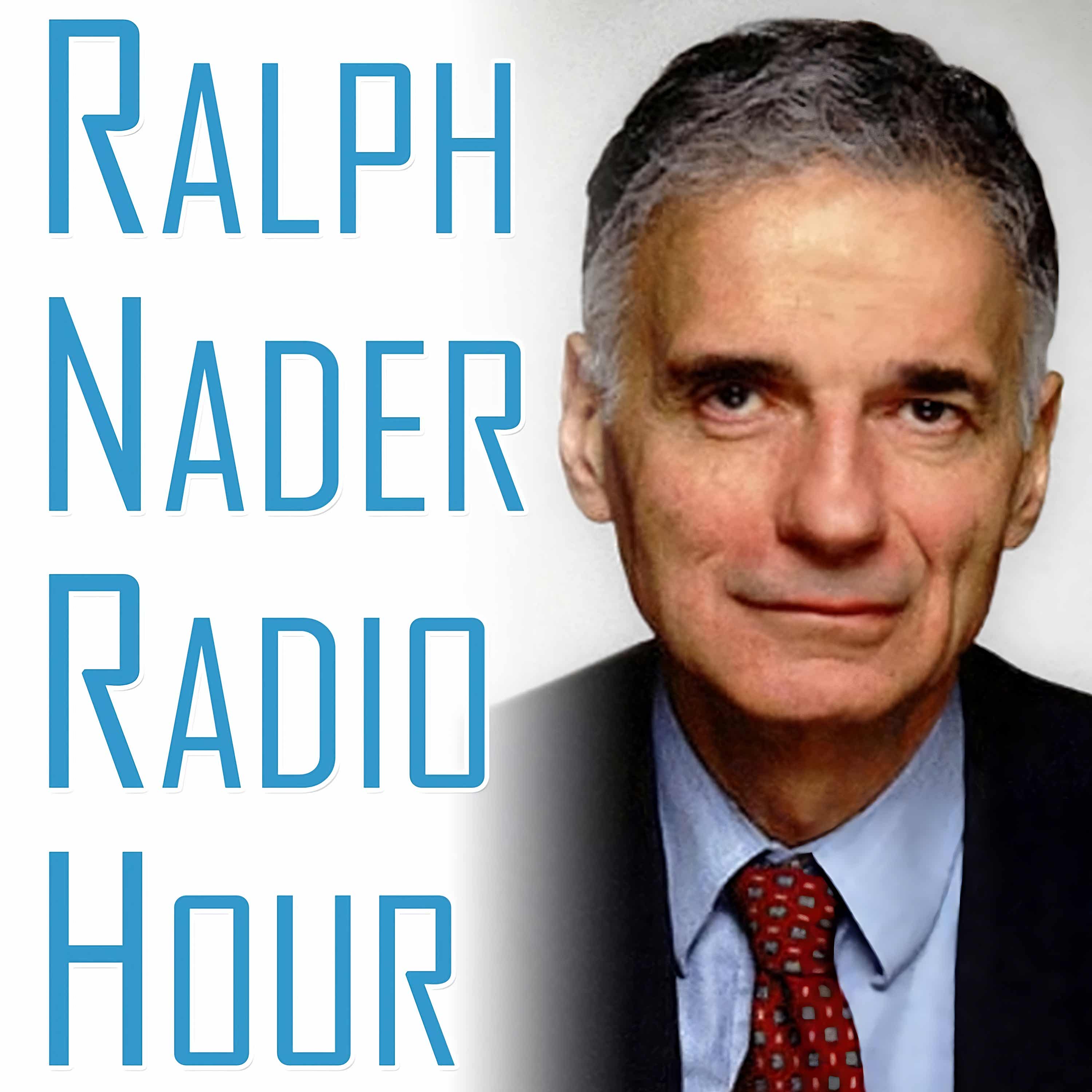
Ralph Nader Radio Hour
Ralph Nader
Bannon`s War Room
WarRoom.org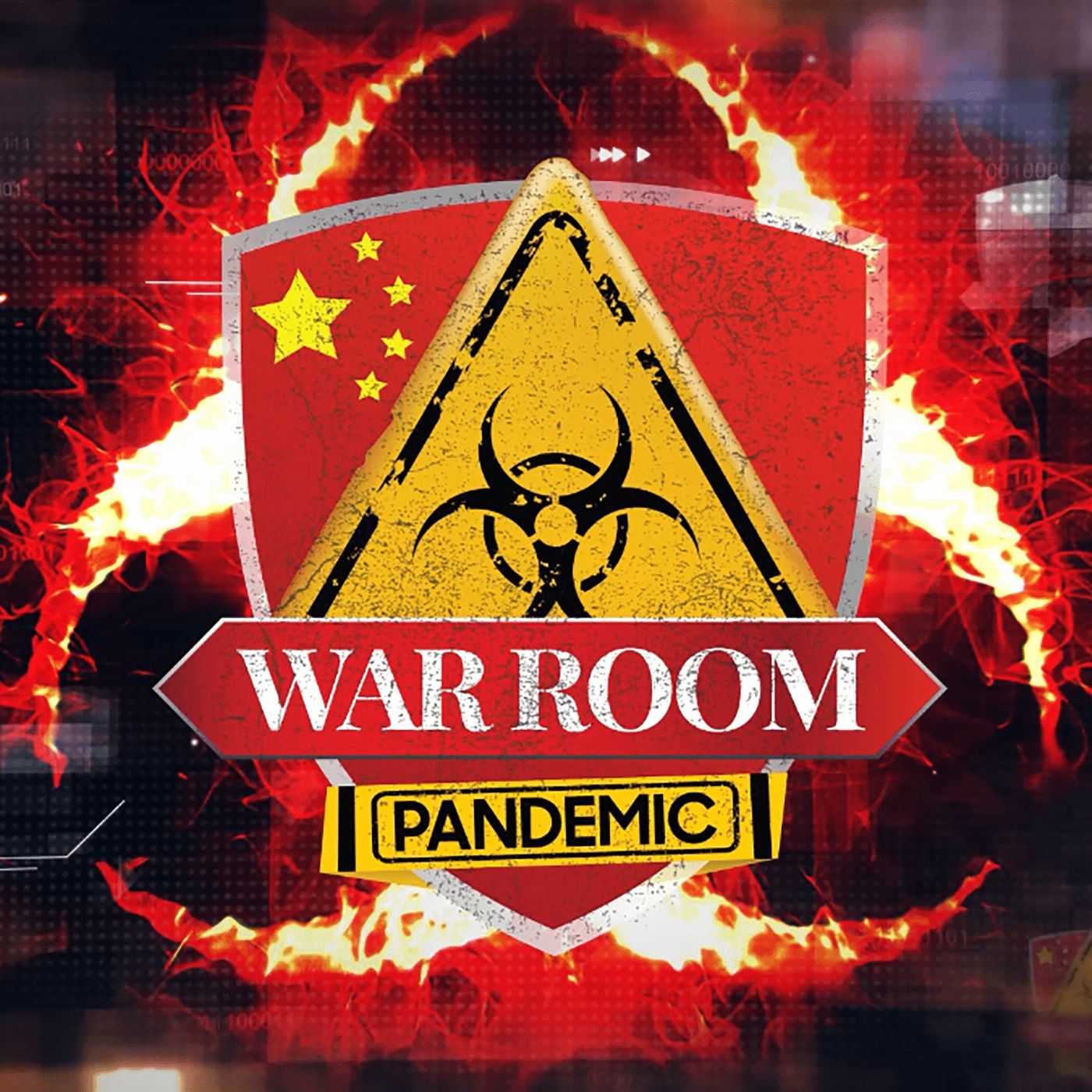
Bannon’s War Room
dan fleuette
The Young Turks
TYT Network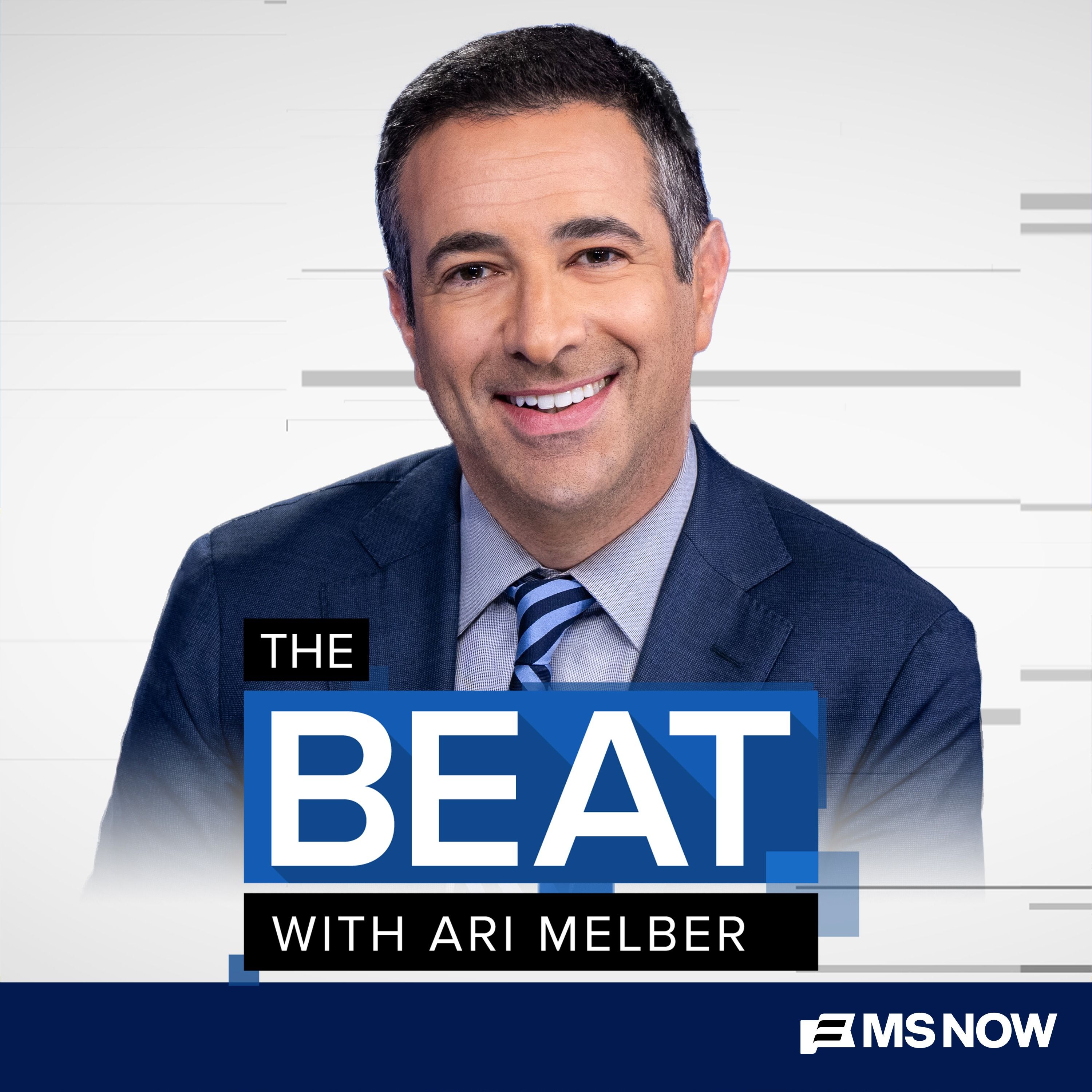
The Beat with Ari Melber
Ari Melber, MS NOW
The Damage Report with John Iadarola
TYT Network
The Majority Report with Sam Seder
Sam Seder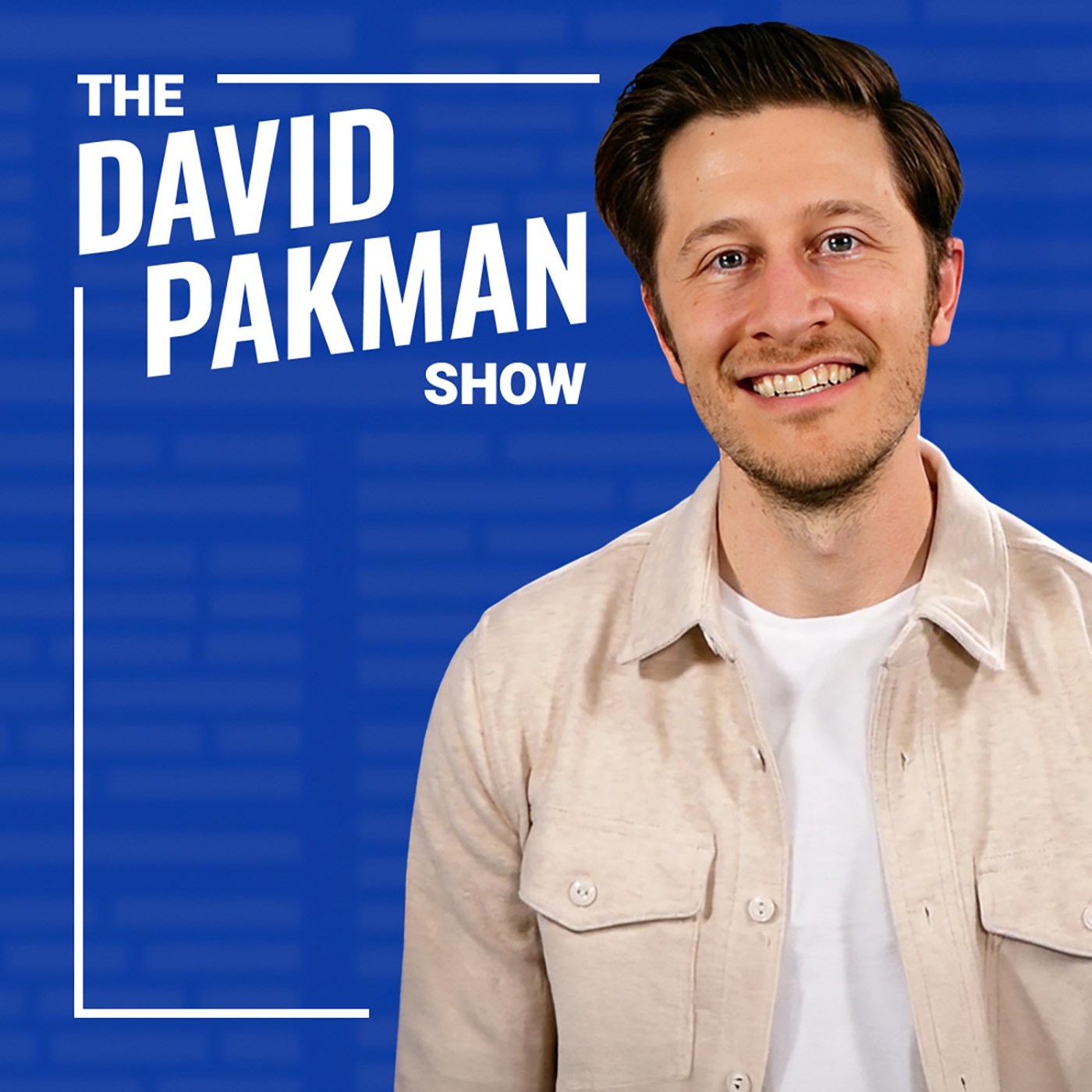
The David Pakman Show
David PakmanGet A Grip with Kendall Reusing
Kendall Reusing
Ultimately with R.C. Sproul
Ligonier Ministries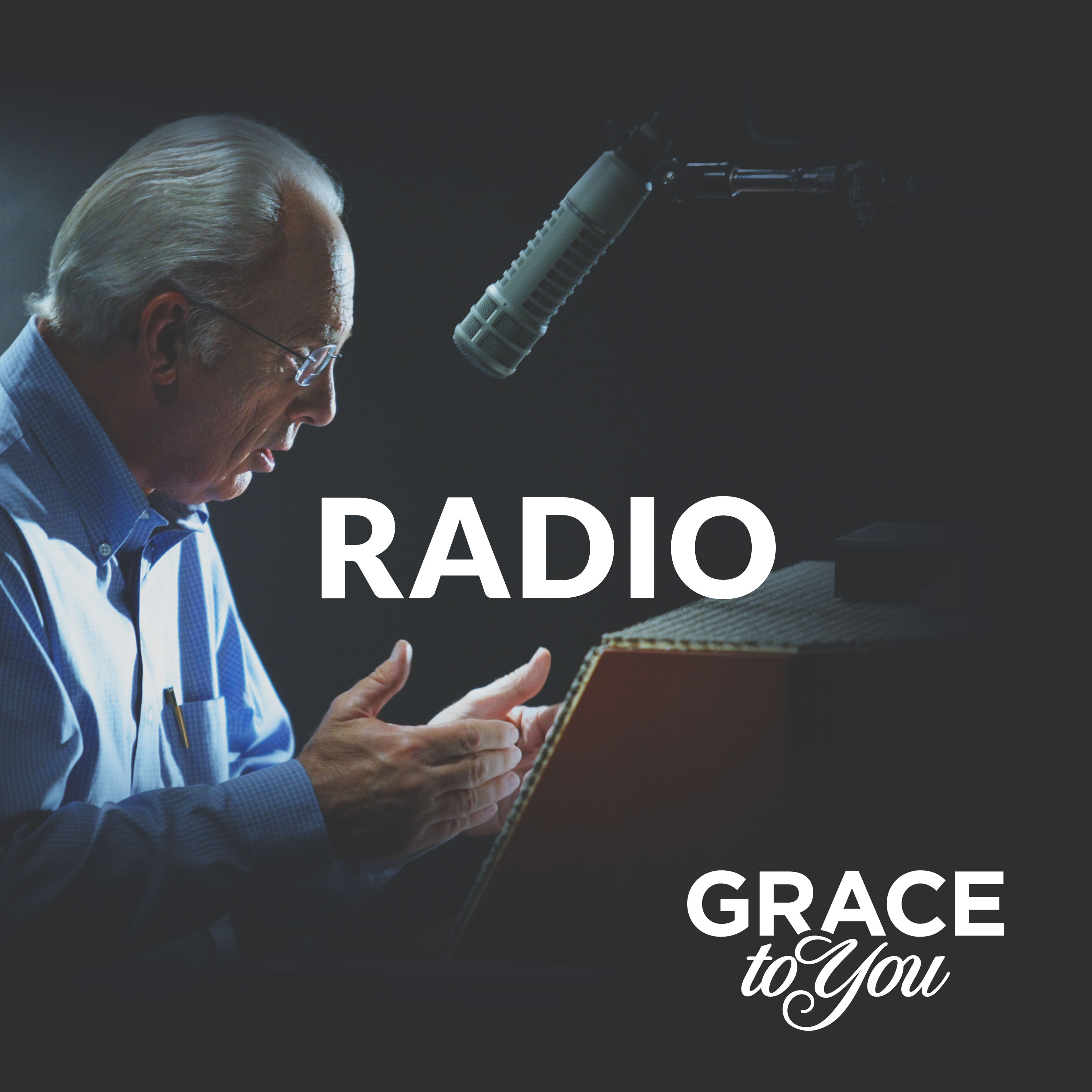
Grace to You: Radio Podcast
John MacArthur
The Briefing with Albert Mohler
R. Albert Mohler, Jr.
StarTalk Radio
Neil deGrasse Tyson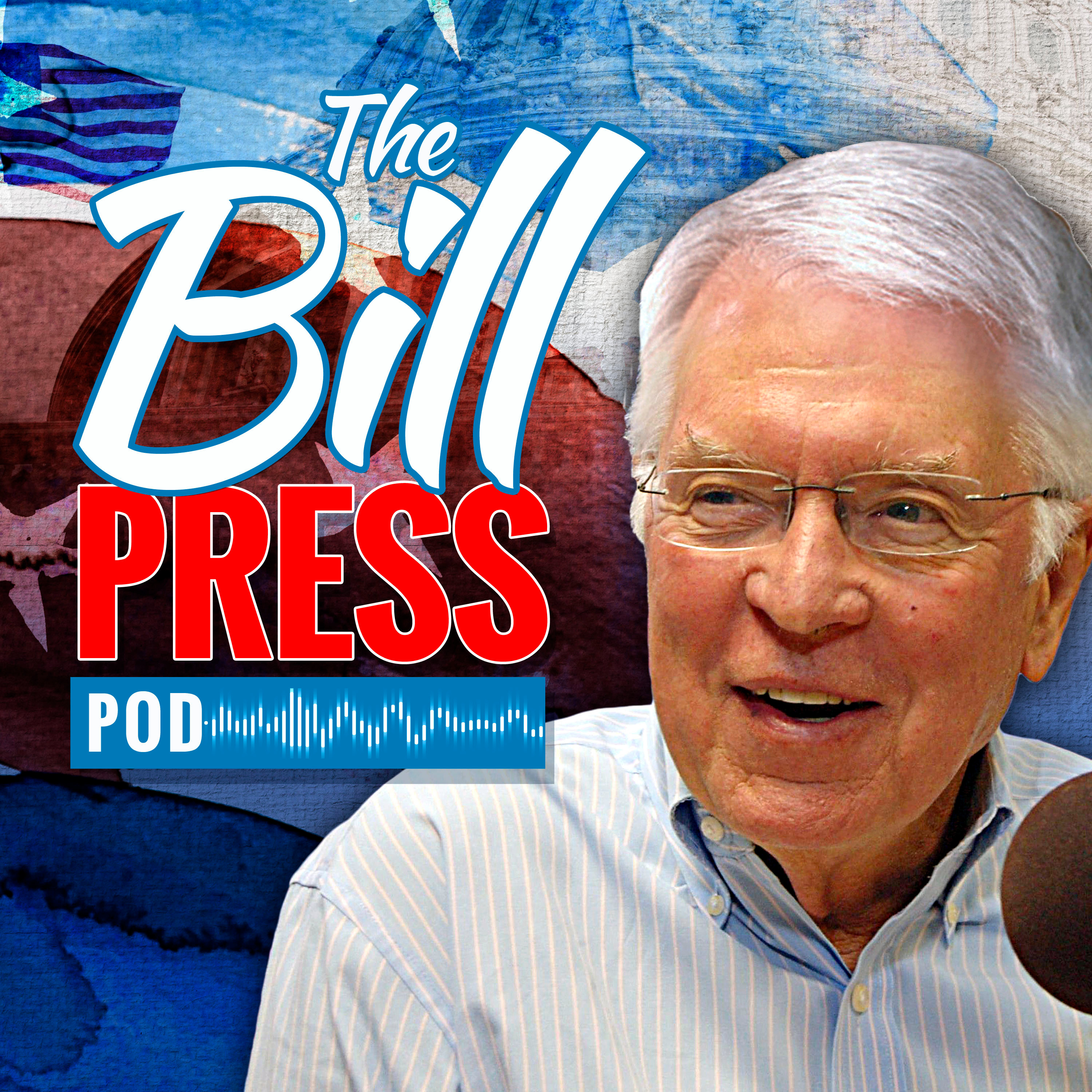
The Bill Press Pod
BP Pods
Ask Pastor John
Desiring God
The Weekly Show with Jon Stewart
Comedy Central
Ask Ligonier
Ligonier Ministries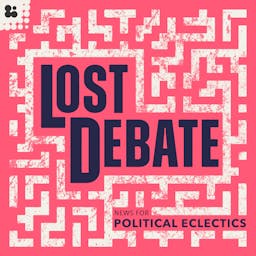
Lost Debate
The Branch
Coffee-Time-Again
Dale Hutchinson
5 Minutes in Church History with Stephen Nichols
Ligonier Ministries
The Ezra Klein Show
New York Times Opinion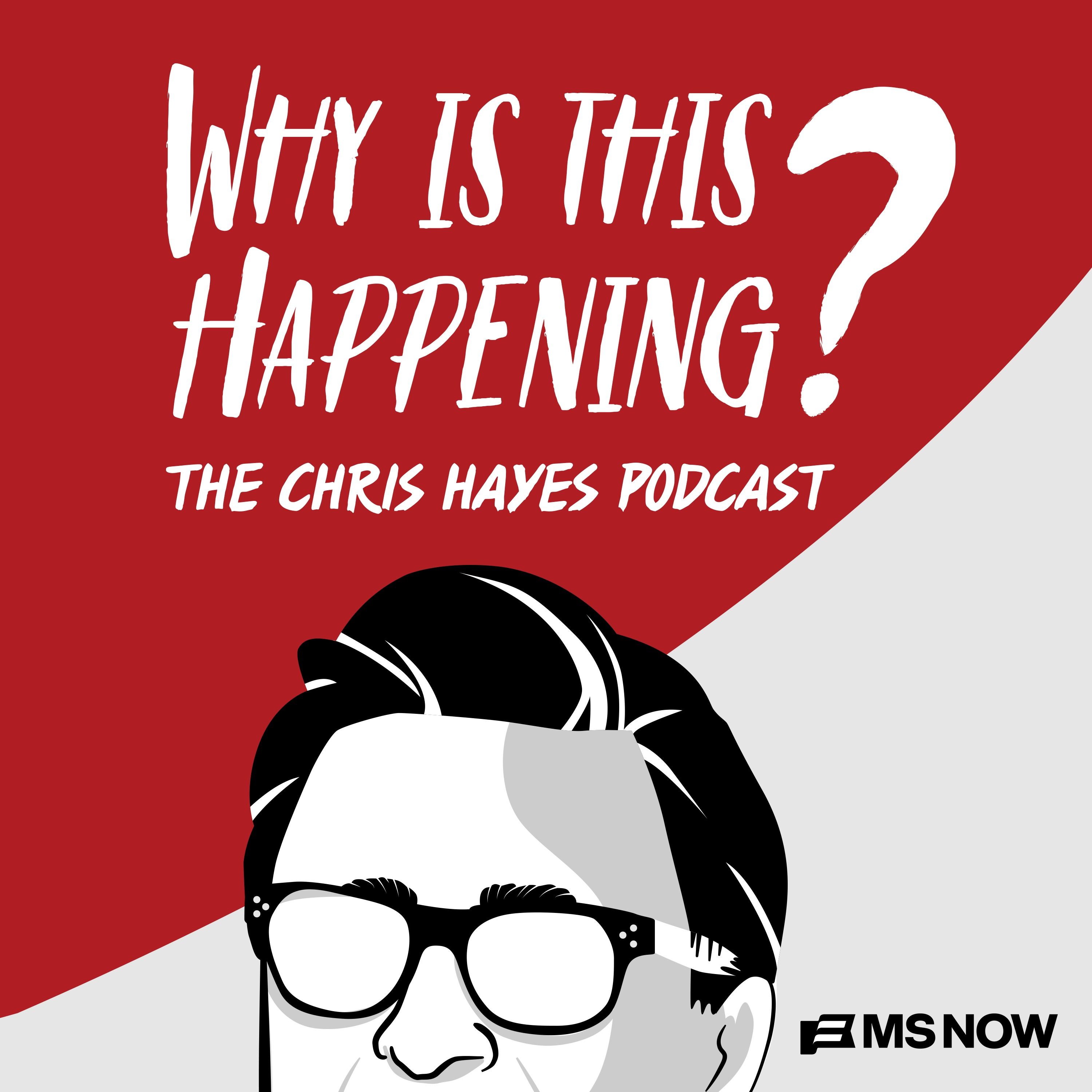
Why Is This Happening? The Chris Hayes Podcast
MS NOW, Chris Hayes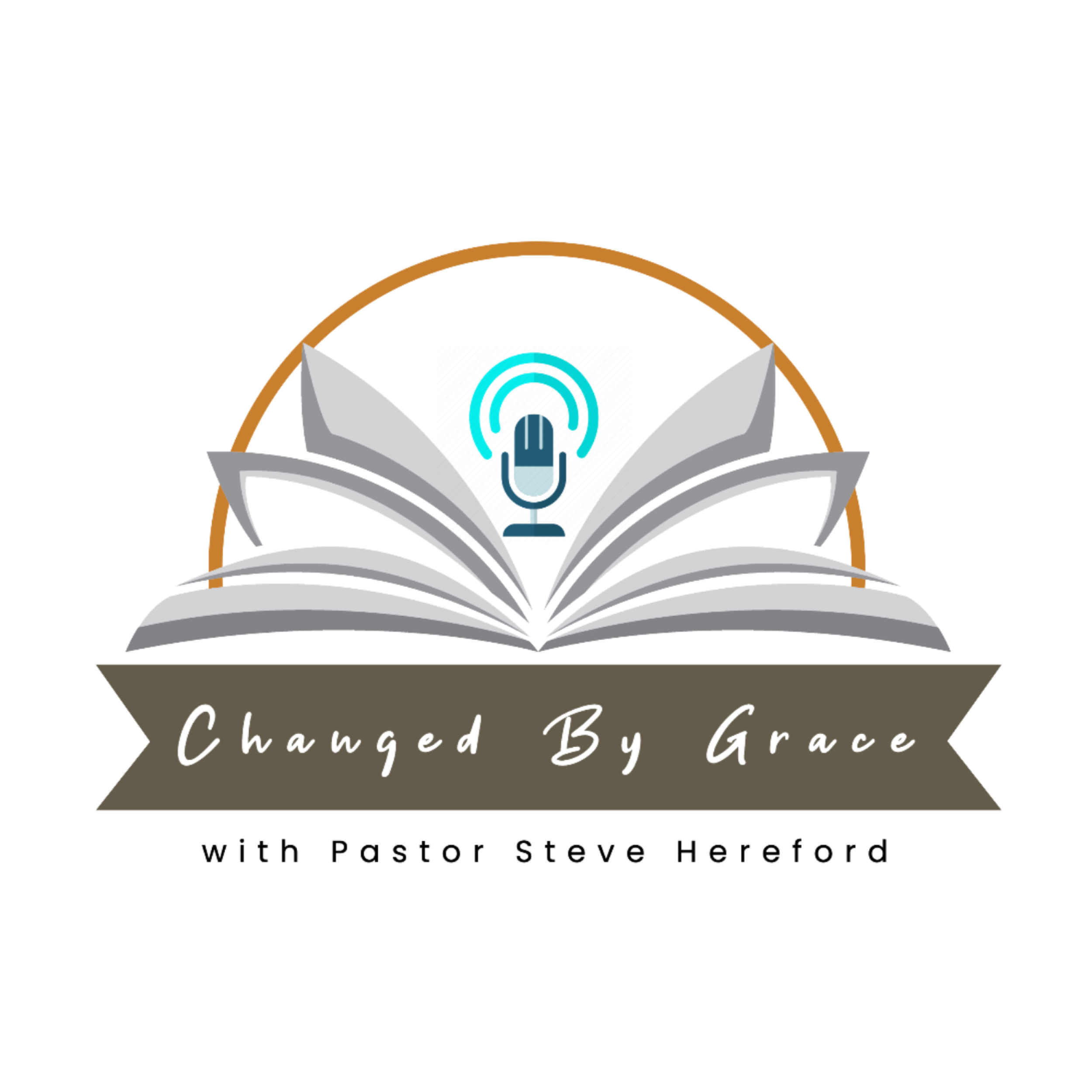
Changed By Grace
PodPoint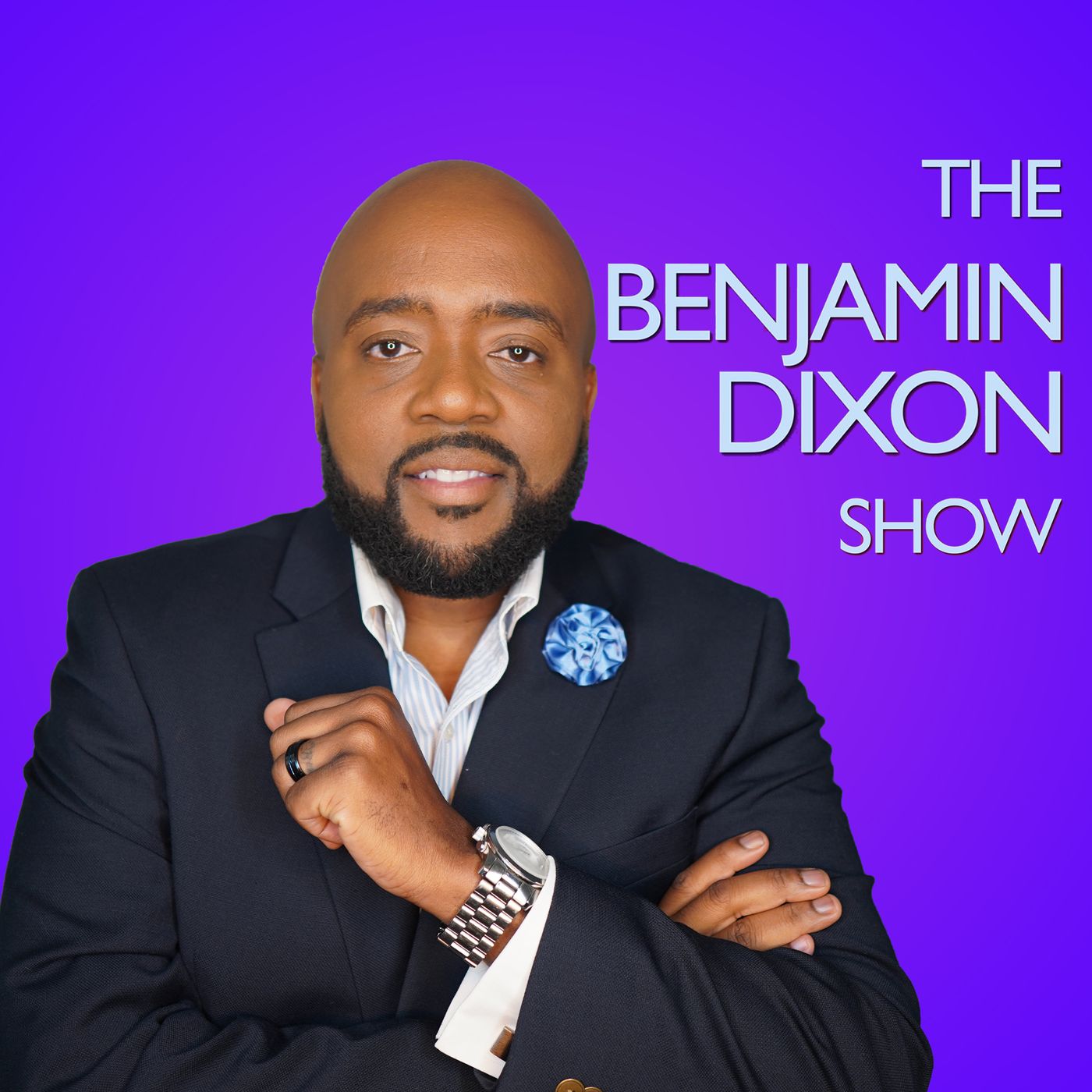
The Benjamin Dixon Show
The Benjamin Dixon Show
Thinking in Public with Albert Mohler
R. Albert Mohler, Jr.
Who Killed JFK?
iHeartPodcastsThe MacArthur Center Podcast
The Master's Seminary
Jean Jacques Machado : No Gi Required
Jay Zeballos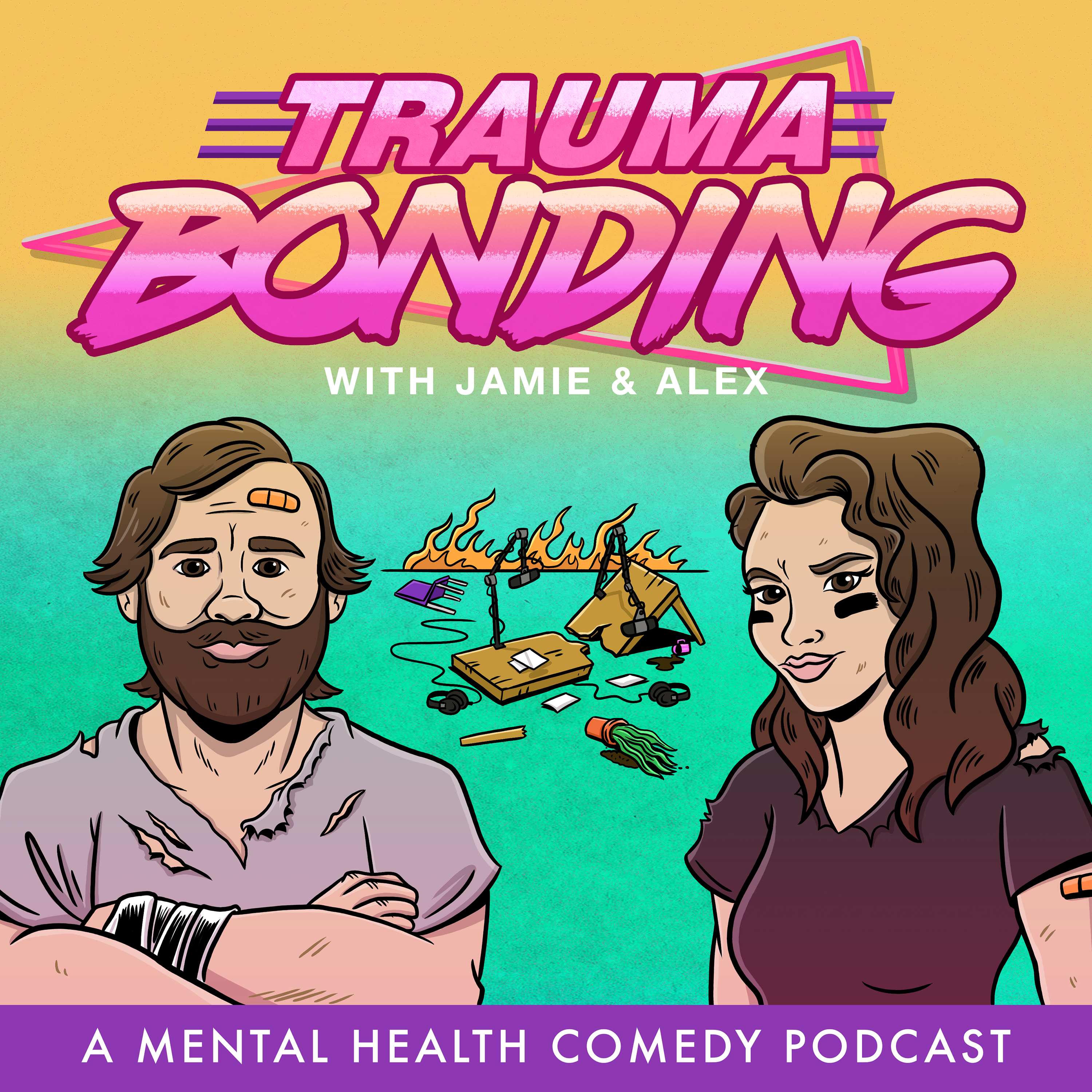
Trauma Bonding
Jamie Kilstein
This Day in History
The HISTORY Channel
The Ben Shapiro Show
The Daily Wire
The Sean Hannity Show
Sean Hannity
Breaking Points with Krystal and Saagar
iHeartPodcasts
The Kyle Kulinski Show
Kyle Kulinski